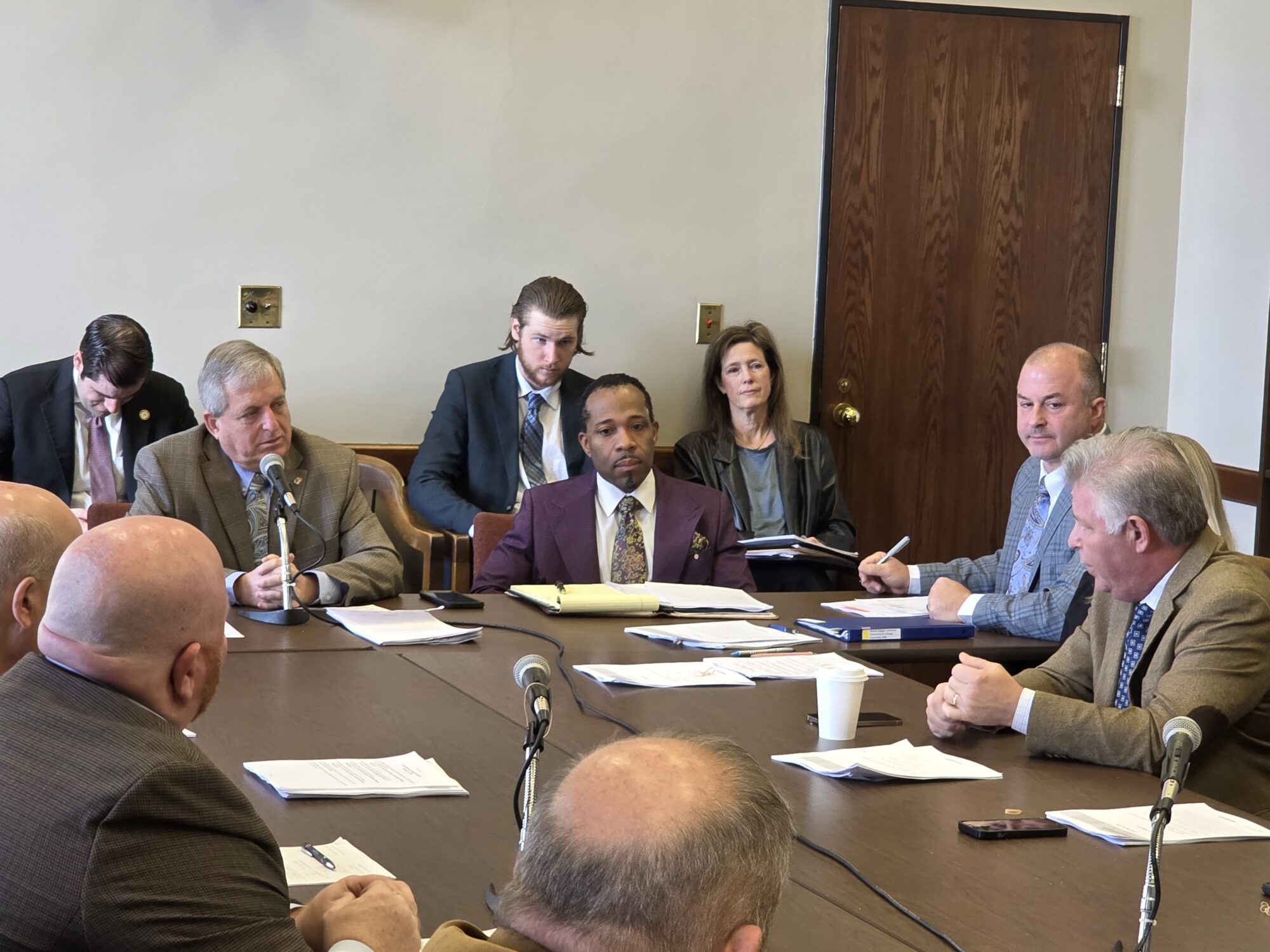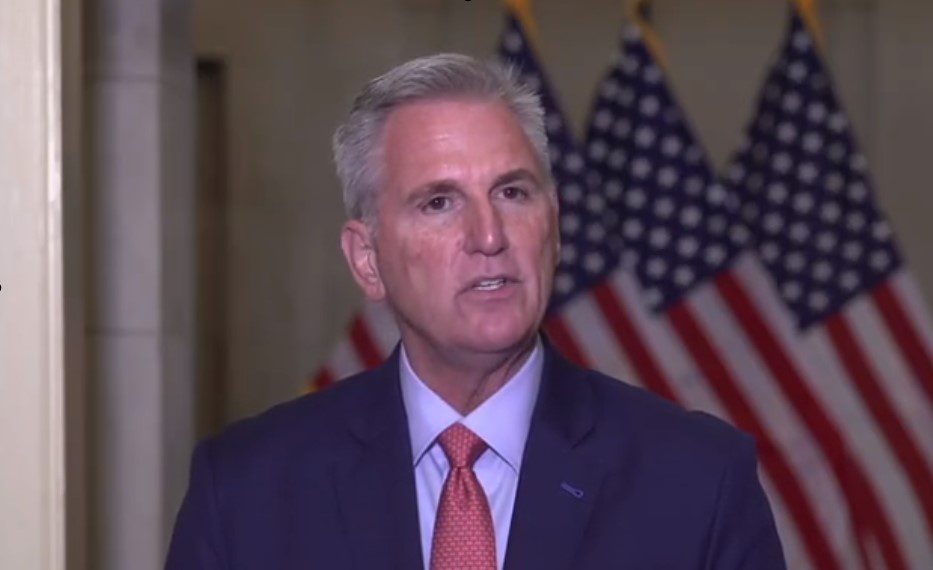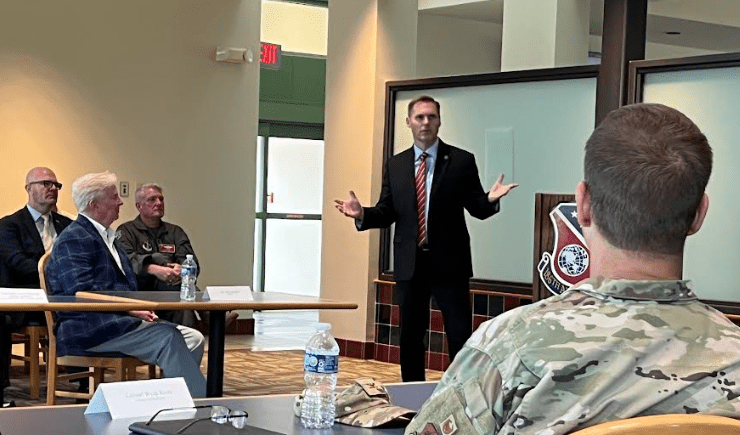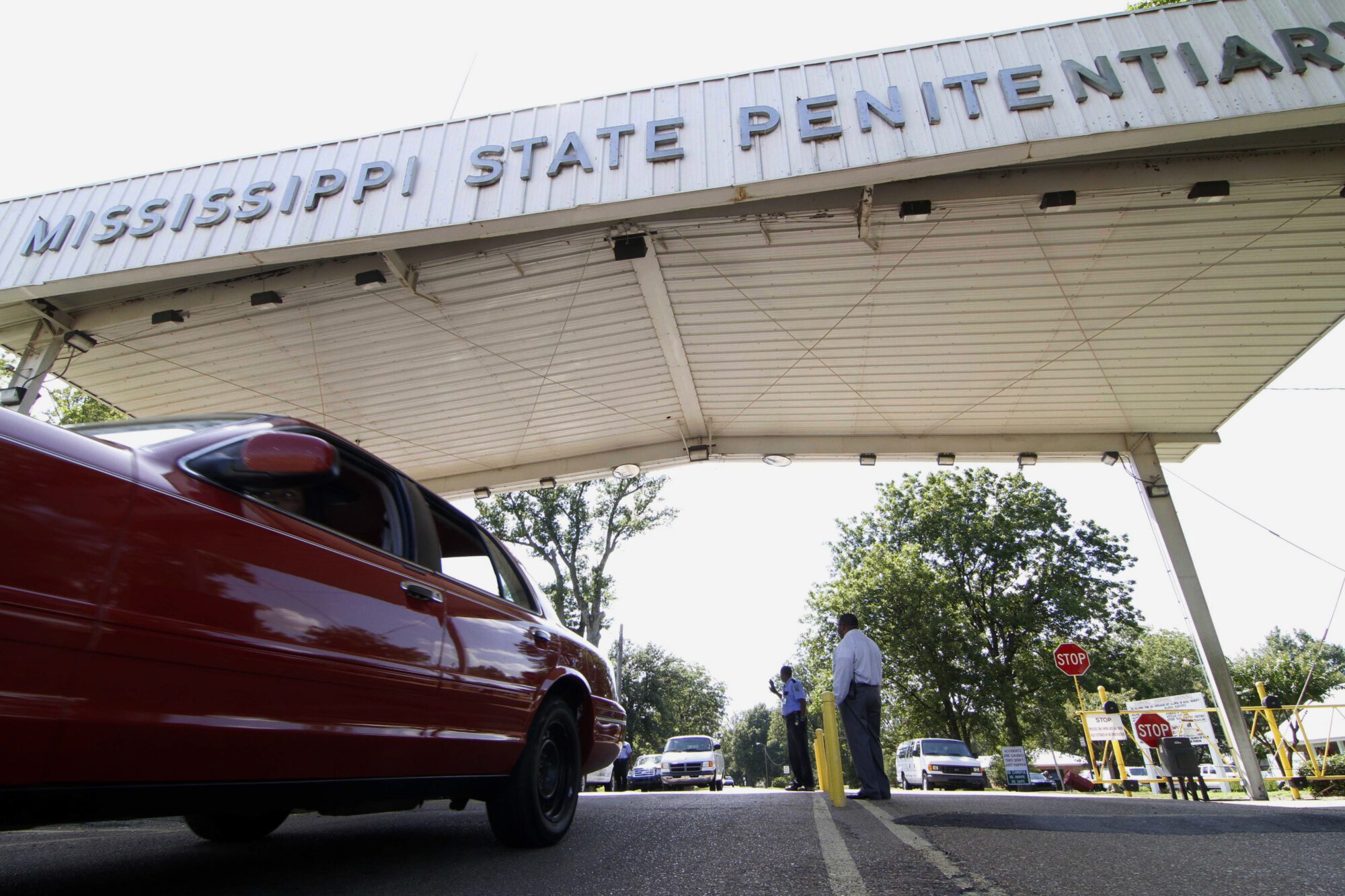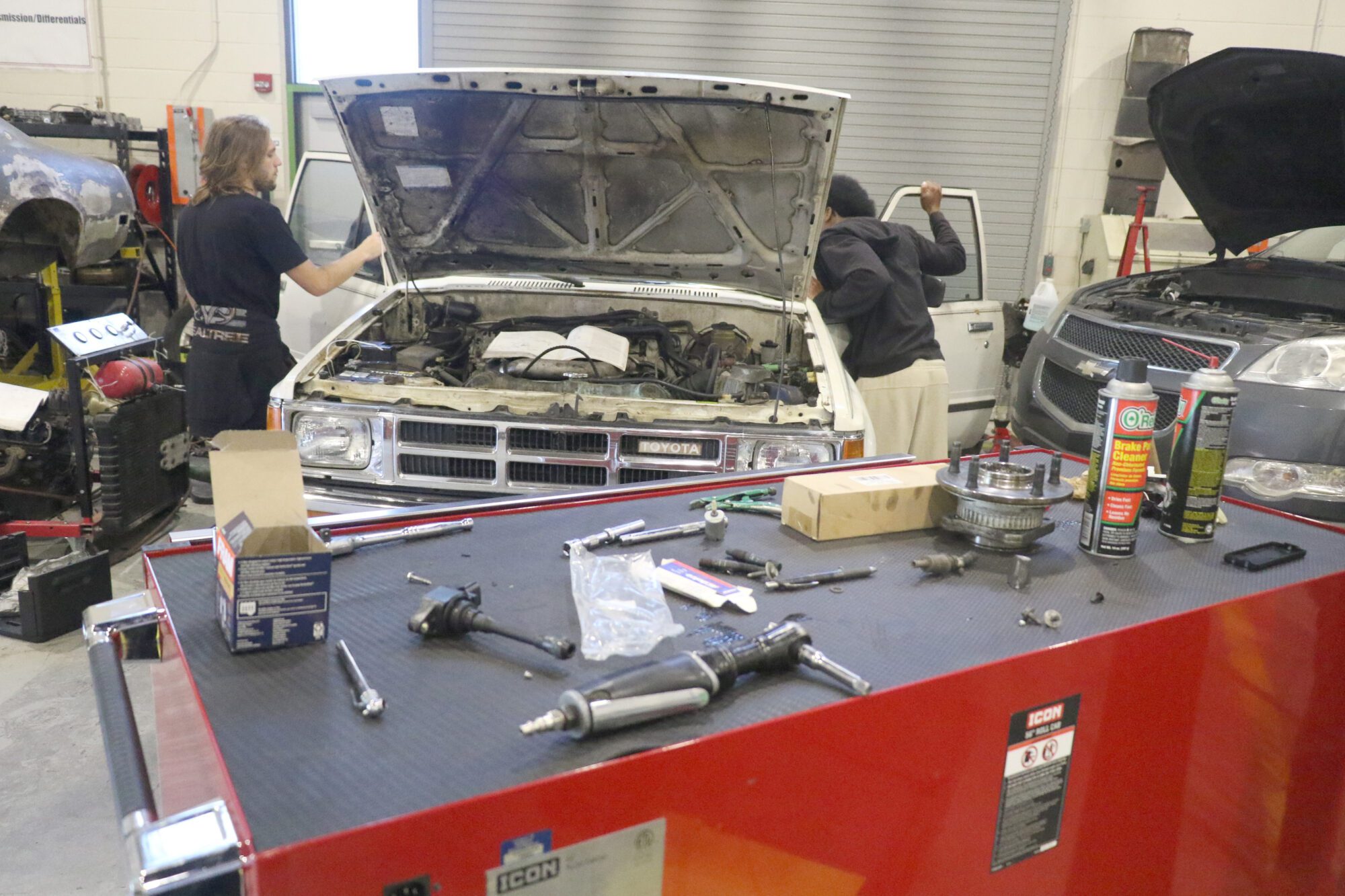
At Gulfport High School's automotive class, students learn how to maintain and repair automobiles while working toward ASE certification. (Photo by Jeremy Pittari)
Community backing in Gulfport resulted in a new state of the art facility to prepare students for the next step in life. Students are taking full advantage of the opportunities.
Community investment is important to the success of its youth. At Gulfport High School, it’s clear the community supports the Career and Technical program.
More than a decade ago, the school began to offer The Academic Institute to students, which is an academic curriculum that allows students to test career paths while still in high school. Students also have the option to earn an associate degree in a field at no charge through the program.
In 2017, seven years after the program began, a roughly $40 million bond investment was approved by the taxpayers in the district, allowing for the renovation of the school’s academic, arts, and athletic facilities. A recently constructed two story building now houses a variety of college level courses in addition to technical courses.
Gulfport Superintendent Glenn East said community commitment is the reason the school is able to offer these innovative learning paths in a very modern facility.
“With the community behind you, you can do anything,” East said, adding that he would not classify the Gulfport School District as “rich.”
The district has an 84 percent rate of students who receive free or reduced lunch, and nearly 30 percent of the student body lives in true poverty, said Beth Wilson, the school’s Public Relations and Career Pathways Specialist.
The program offers students the opportunity to take college level courses while still on the high school’s campus. To get to that point, Elijiah Bergmann, a student at Gulfport High School, said the students must hustle in their first two years – 9th and 10th grade – by earning all of the math, English and history credits they need to graduate by the end of their 10th grade year.
Within the walls of the facility, students can learn about automotive repair, woodworking, broadcast journalism, culinary arts, law enforcement, engineering and health sciences, just to name a few.
Some classes are also provided on the campus of the Mississippi Gulf Coast Community College.
Superintendent East said about 80 percent of the students in the program end up going to a college or university after graduation. Many leave high school with enough training or a certification that allows them to immediately enter the workforce.
In the automotive class, students conduct repairs on vehicles the teachers bring in.
“When they complete the course, they leave with ASE certification and are able to get a job as a licensed mechanic,” said Career and Technology Director Dr. Thomas Brooks.
Students can also obtain their CDL endorsement to allow them to drive large trucks. However, until they turn 21, they can only drive those vehicles within Mississippi, Superintendent East said.
Within the broadcast journalism class, students learn about graphic design, conduct TV interviews for stories, and stream athletic events online. Wilson said that all flyers and posters on display on campus are printed within that classroom.
There is also a hospitality and tourism class where the students can partner with local restaurants to plan events on campus, Brooks said.
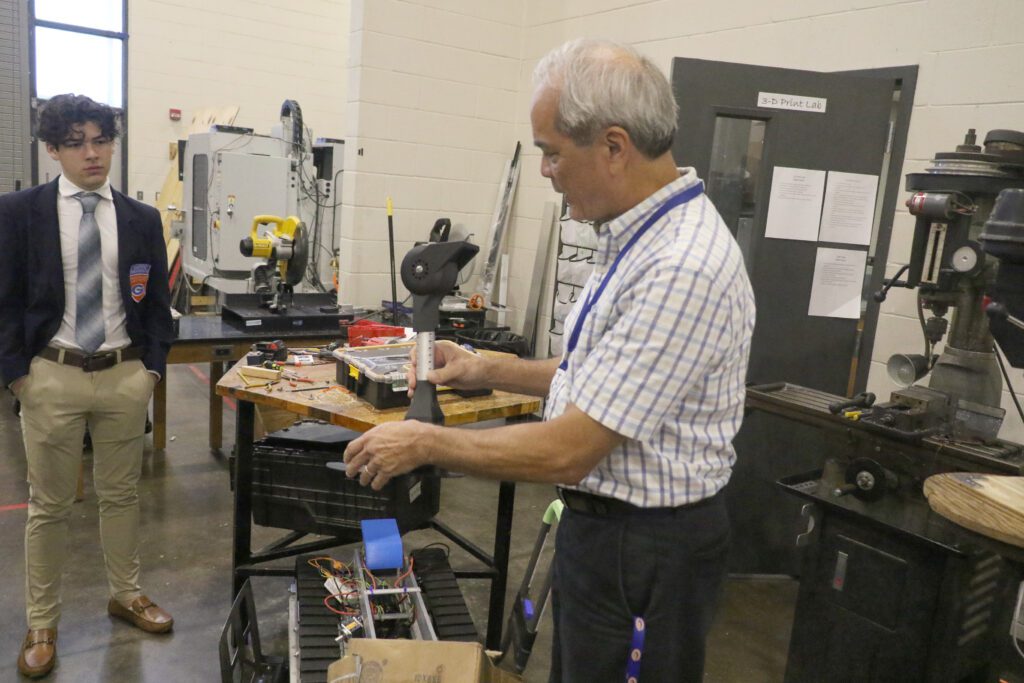
Engineering students learn how to design and build devices and robots. Don Keyser, the school’s engineering teacher, highlighted how the students learn to design and build prosthetic limbs for those who need them. Each year, Keyser and a handful of students take trips to other countries so they can help the population by creating limbs for those in need.
To combat the ongoing teacher shortage, there is also a program where students can begin their path toward a career in education.
“We’ve been having our best and brightest students come back as teachers,” Brooks said.
Some of those future teachers perform internships at a local elementary school. Some 67 students are enrolled in that path.
For those students who may need a wardrobe upgrade before going on an interview, there is a “closet” full of donated dress clothing for males and females. Wilson said mock interviews on campus also help the students prepare for the task of job hunting.
“It’s more than a mock interview; it’s a powerful piece,” East said.
Mackenzie Isabelle, a student at Gulfport High School, noted that the forensic class even allows future law enforcement professionals to help local agencies solve crimes, such as cases involving deaths.
Not only does the career and technical program give students a chance to dip their toes in a profession before spending money on college courses, students can try more than one path, so long as their schedule allows, Wilson said.
Other school districts around the state have similar programs in place that not only focus on academics but future workforce development skills as well.


